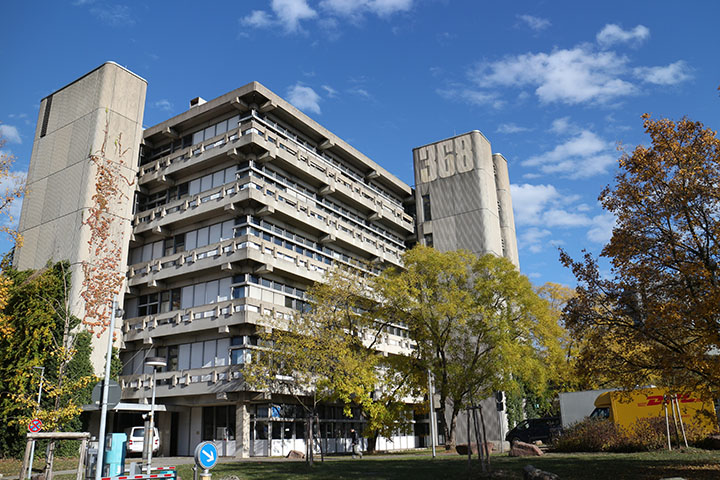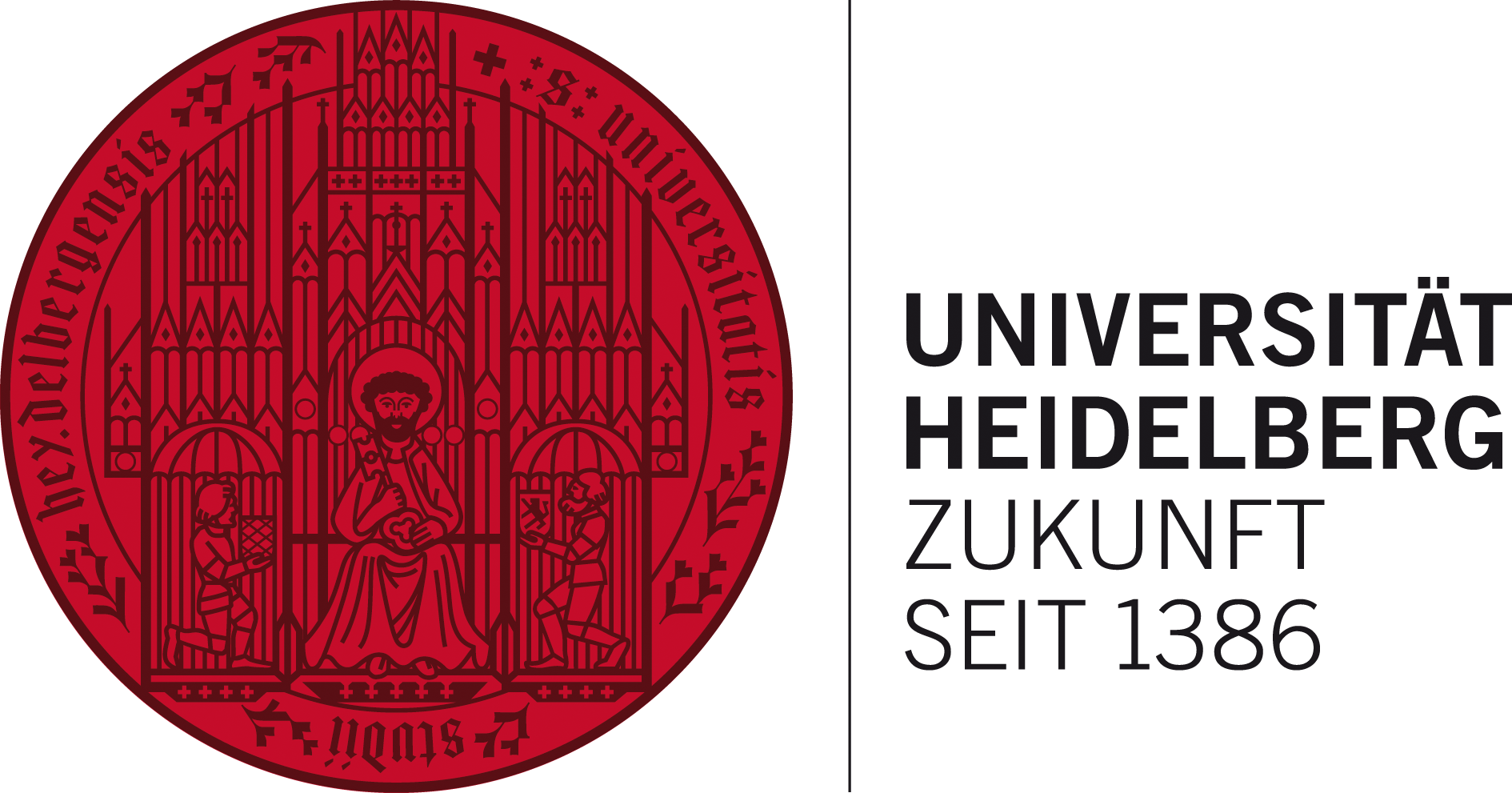Interdisciplinary. Application-oriented. Forward-thinking.
The Institute of Computer Engineering (ZITI) dedicates its research and teaching activities to the understanding and implementation of complex systems in information technology. One research aspect is to analyze how new results in mathematics and fundamental physics may lead to innovative and intelligent computer systems. Another research focus is the application of new technologies and methods in computer engineering to sensing and instrumentation in physics, astronomy, biology, medicine and other natural and life sciences.

Three main features characterize the profile of computer engineering in Heidelberg: multidisciplinarity, application-orientation, and orientation towards the future. Due to their broad competences, our chairs are able to bring together their diverse knowledge and their different methodological approaches in order to jointly develop integrated hardware and software solutions. This synergistic combination distinguishes ZITI from classical departments of computer science at many other universities. Thus, research and teaching contents can be aligned constantly with current, as well as with future requirements. From the beginning, ZITI has always put an emphasis on market-oriented education for our graduate students, to enable them to meet their future responsibilities in industry and in research.
The result is an innovative orientation towards current and future developments, an internationally leading position in several research areas, lively spin-off activities and an academic education, tailored to meet market demands.
Next Colloquium Talk
ZITI is very happy to announce the talk “(TBA)” by Prof. Dr. Ivan Peric on October 27, 2025. The talk will be given at 4 pm in the seminar room of OMZ (U013, INF 350, floor -1).
Latest news
The Institute for Computer Engineering (ZITI) mourns the loss of former colleague Prof. Dr. Dr. hc. Norbert Joachim Fliege, who passed away at the beginning of February at the age of 81. Prof. Fliege helped to establish the newly founded Institute of Computer Engineering at the University of Mannheim after his appointment in 1996 and very successfully headed the Chair of Electrical Engineering there. Among other things, he developed methods for secure data communication in power grids. After his retirement in 2008, he devoted himself to a start-up he founded. We greatly appreciated Prof. Fliege as a highly committed, reliable and always helpful colleague. We all still remember his fine sense of humor. We will always honor his memory.
Prof. Koch presented some insights on the open-everything FPGAs developed by the NCT group at the Chaos Communication Congress in Hamburg.
In collaboration with the Neuromorphic Quantumphotonics Group led by Wolfram Pernice, among other collaborators, the Hardware and Artificial Intelligence Lab published an article about “Probabilistic photonic computing with chaotic light” in Nature Communications.
The group of Prof. Fischer develops specialised microchips with photo sensitive pixels, which can detect even a single optical photon. Today the first silicon wafers have arrived!
The Indo-german Workshop on Hardware-aware Scientific Computing will take place from October 28 to October 30 at the Interdisciplinary Center for Scientific Computing (located in: Im Neuenheimer Feld 205)
